Beyond the Dead End of American Electoral Politics
As Hurricane Sandy swept through the Eastern Seaboard, there was much concern about how it would affect the presidential elections. The implication is that a natural disaster may undermine the electoral process. But the equation of the electoral process with the highest measure of democracy rests on two mistaken assumptions.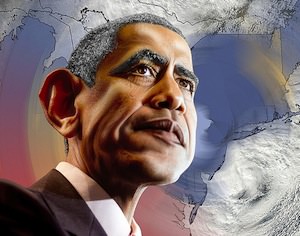
By Henry Giroux, TruthoutThis piece originally appeared at Truthout.
As Hurricane Sandy swept through the Eastern Seaboard of the United States, there was and is much concern in the mainstream press about how it will affect the upcoming presidential elections. The implication being that a natural disaster may undermine the electoral process and distort what for many is the most significant expression of democracy in American politics. Unfortunately, the problems facing the upcoming election speak less to the effects of a natural disaster than to a serious political crisis. The equation of the electoral process with the highest measure of democracy rests on two mistaken assumptions.
The first assumption is that these elections actually provide a real set of choices for the American public. Nothing could be further from the truth. In reality, the choice is between Mitt Romney who is the titular head of a Republican party that is now largely controlled by a range of extremists. This cast of rouges includes ultra-conservative advocates of market fundamentalism and extreme religious zealots along with a mix of right-wing billionaires – all of whom are intent on destroying any vestige of the welfare state while quashing gay rights, attacking women’s rights, and suppressing voter registration turnout. On the other hand, Barack Obama is a conservative centrist who has repeatedly compromised his liberal policies on domestic issues while legitimating a range of foreign and domestic policies that have shredded civil liberties, expanded the permanent warfare state and increased the domestic reach of the punitive surveillance state.
The second assumption that undermines the electoral process and the coming election as the highest expression of American democracy is that the process is now entirely controlled and corrupted by the power of big money. As Eliot Weinberger recently wrote in the London Review of Books, “Obama and Romney are each spending about a billion dollars to get elected—four times what Bush and Gore spent in 2000. When one adds the unregulated PACs and Congressional and gubernatorial races, the cost of this year’s election is around $6 billion.”[1]
Under such circumstances, politics dissolves into pathology as those who are able to dominate politics and policy-making do so largely because of their disproportionate control of the nation’s income and wealth and the benefits they gain from the systemic reproduction of an iniquitous social order. In other words, electoral politics is rigged and any notion of politics that is willing to invest in such ritualistic pageantry adds to the current dysfunctional nature of American society while reinforcing a profound failure of political imagination.
Elections in the United States are now characterized by the politics of a moral coma and corrupted by the pathological lies used to justify the rule of big money. John Le Carre’s charge against the Bush administration that “America has entered one of its periods of historical madness,”[2] echoing the last days of the Weimar Republic, is more relevant today than it was in when he made the statement in 2003. Matters of justice, truth, responsibility and freedom have been hijacked by a savage mode of capitalism that is as ruthless as it is criminal. Manufactured idiocy reins in the dominant media and has ceded its credibility to the eithos of celebrity culture and the entertainment state.
Fox News is the American version of Pravda and the liberal media appears delusional given its flight from any vestige of critical analysis. The issue is no longer how to work within the current electoral system, but how to dismantle it and construct a new political landscape and vision of democracy in which people can recognize themselves, a vision that connects with and speaks to the American public’s desires, dreams and hopes. The American public needs a new conversation about democracy, equality and the redistribution of wealth and power. And we need to explore how such a discourse can offer the conditions for critical visions, modes of governance and policy making.
In this instance, the debate on electoral politics is only one part of a much-needed conversation of what a democracy looks like and what it takes to make it more than a commodity for sale to the highest bidder. Some would argue that criticizing the electoral process as symptomatic of a new version of authoritarianism is a flight from political participation. Actually, engaging the electoral process as if it were the gold standard of democracy is a flight from any substantive understanding of the reality and promise of a real democracy.
Notes:
[1] Eliot Weinberger, “The Republic of Entertainment,” London Review of Books (October 29, 2012).
[2] John le Carre, “The United States of America Has Gone Mad,” Common Dreams (January 15, 2003).
Copyright, Truthout. May not be reprinted without permission.
Your support matters…Independent journalism is under threat and overshadowed by heavily funded mainstream media.
You can help level the playing field. Become a member.
Your tax-deductible contribution keeps us digging beneath the headlines to give you thought-provoking, investigative reporting and analysis that unearths what's really happening- without compromise.
Give today to support our courageous, independent journalists.
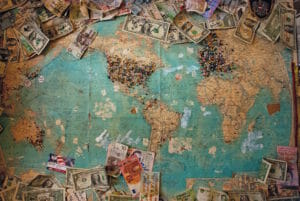
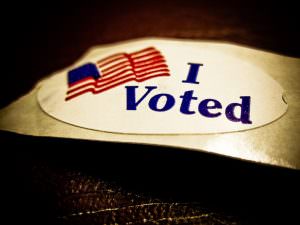
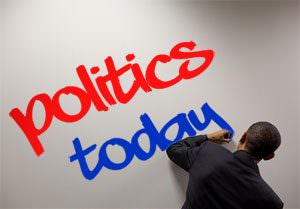
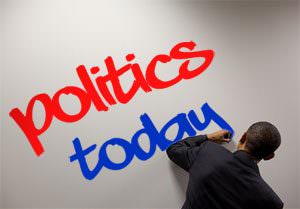
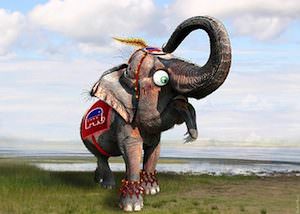
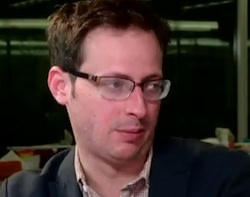
You need to be a supporter to comment.
There are currently no responses to this article.
Be the first to respond.